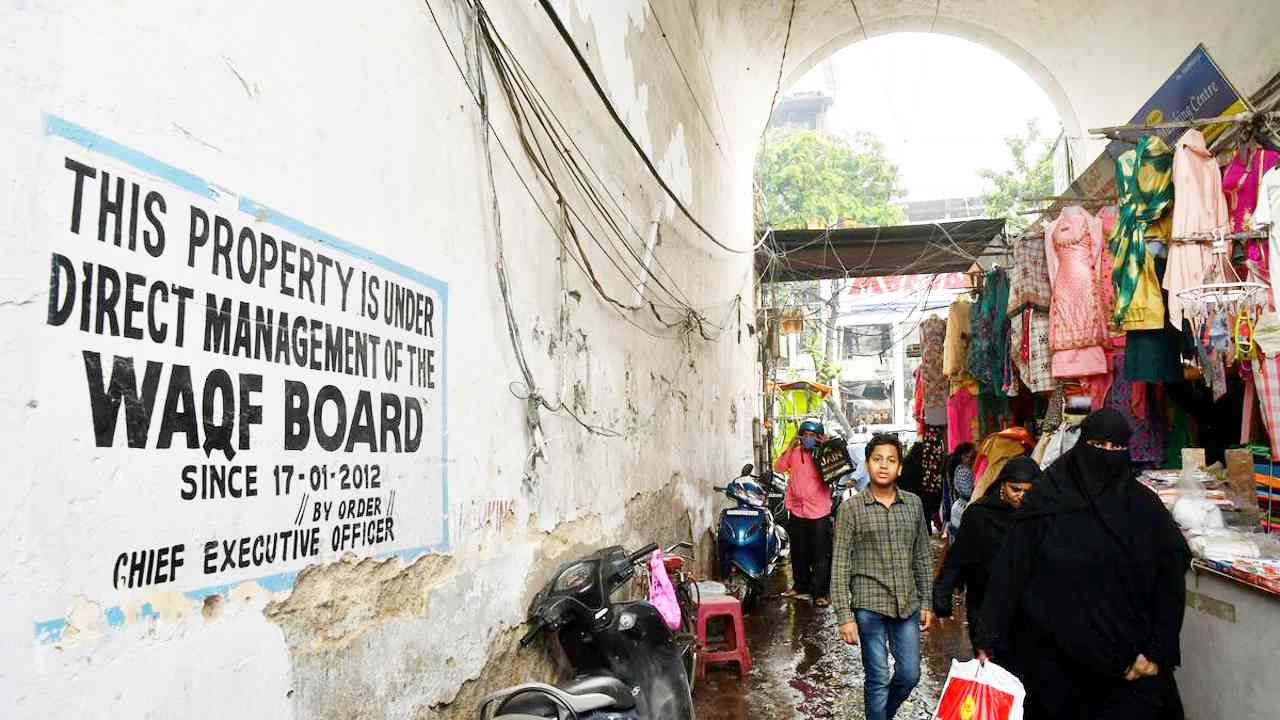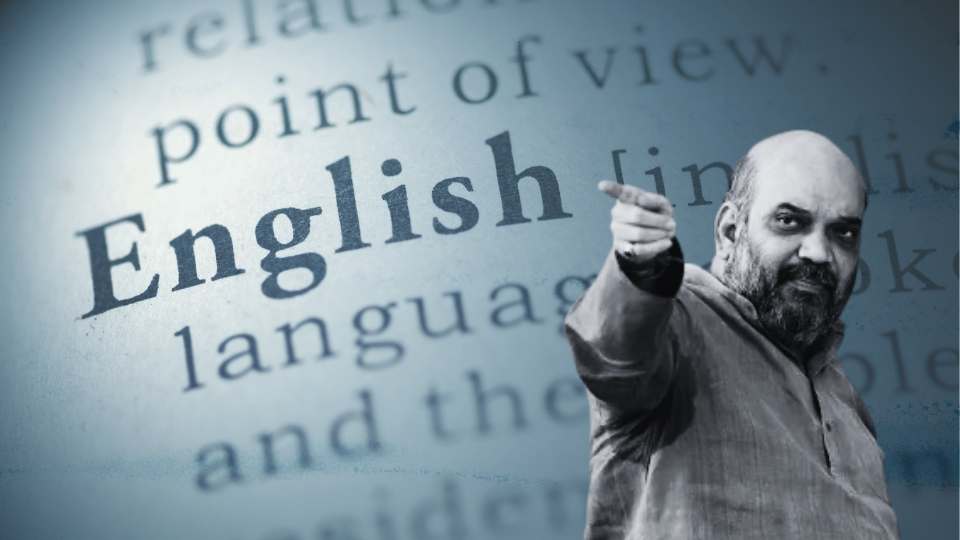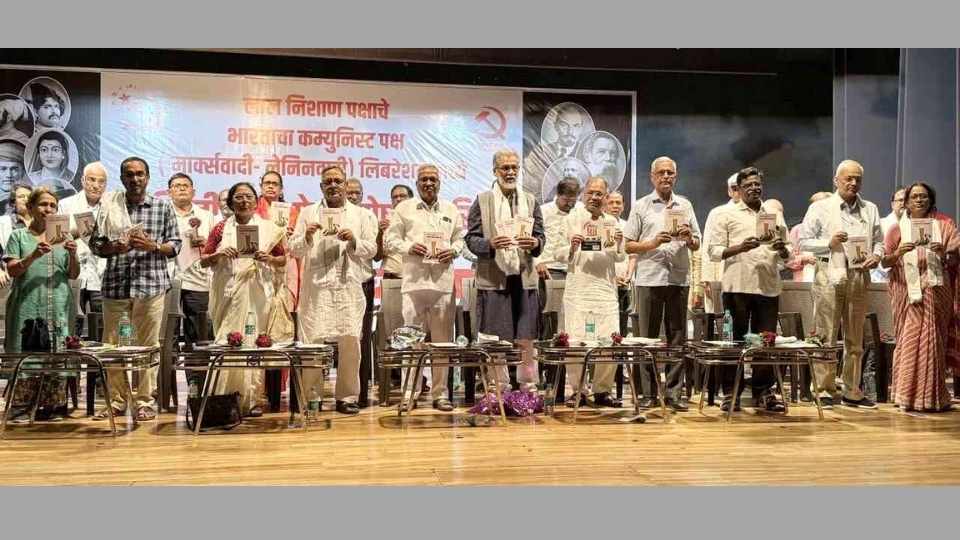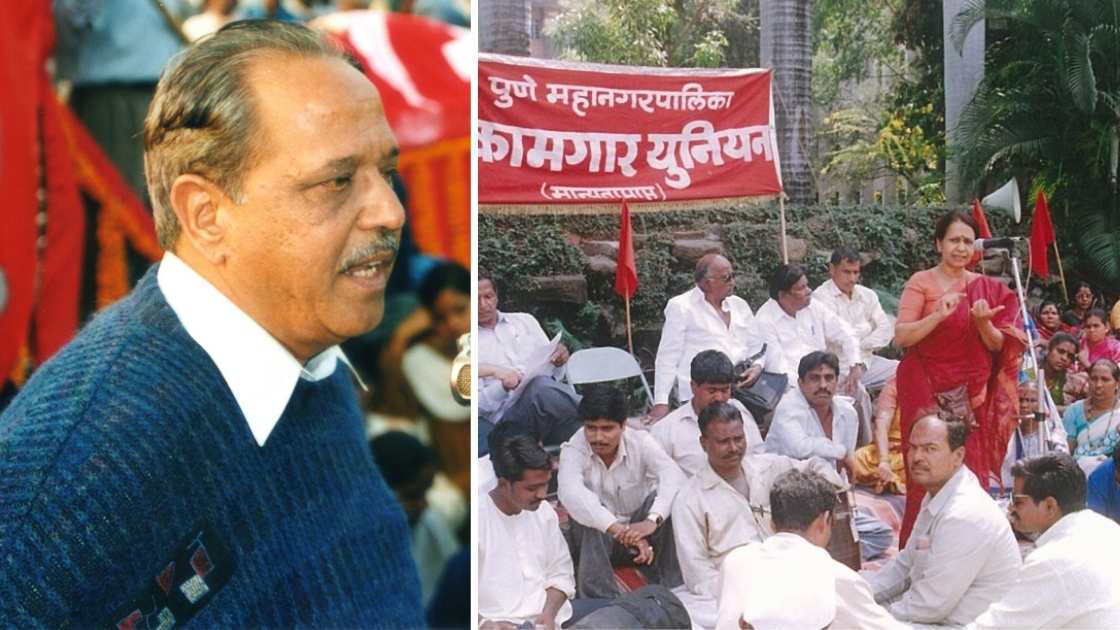Law Reform is necessarily a continuous process, progressing people’s rights towards realizing constitutional dreams, particularly when it comes to historically marginalized, oppressed and minority sections of society. The effective amendments to the Waqf Act brought in 2013, after a comprehensive consultation process, is sought to be completely undone instead of building on them. There can be no place for majoritarianism, on the streets, or in the Parliament, to bulldoze the dreams and aspirations of minority sections. The 2006 report of the Justice Rajindar Sachar Committee recognised waqfs as “a socio-religious institution almost equivalent to the present day 'non-government organizations' involved in welfare activities”, and made several recommendations to strengthen the structures that govern them. On the contrary this proposed Bill is an attempt to encode the political ideology of Hindutva into the law.
Restricting the powers of the Waqf Boards
The proposed Bill envisions a fundamental shift in the powers, role and authority of the Waqf Boards. This is done by disempowering them from deciding whether a particular property is waqf property or not, and by reducing them to nominated bodies, including non-Muslims, thereby undermining their autonomy. The Sacchar committee report, in fact, proposed further empowerment of Boards for effective management of Wakf properties. On the contrary, the proposed Bill seeks to take control of the waqfs by reducing the Boards to mere spectators while transferring powers to the revenue authorities fundamentally altering the character of the state’s role from being a mere regulator. The Act also makes provisions for Survey Commissioners to be appointed by the State for the purpose of making surveys of waqf in the State. The Bill effectively abolishes this post, and transfers such power to survey to the Collector.
The specific mandate introduced by the Bill to have members who are non-Muslim, is perhaps the first time under any law, that a requirement is made that persons not belonging to a particular religion must be a member of a board, showing the systematic exclusion of Muslims from the control of the boards. While such provision is made, at the same time, the Bill places restrictions on who can create a waqf restricting it to only to practicing Muslims.
Restrictions on the creation of waqfs and de-recognizing waqf properties
The proposed Bill is an attempt by the Union Government to exercise greater control over Waqf properties disregarding that these are charitable endowments made by individuals from the Muslim community for religious and social purposes. A comprehensive examination of the proposed changes to the definitions and conditions governing the creation of waqfs reveals an intention to limit the rights of individuals to establish such endowments and to de-recognize land designated as waqf. By restricting the right to create waqfs only to practicing Muslims, a departure from the existing law that allows anyone to create a waqf, the Bill seeks to change the nature of waqf and bring about restrictions on who can create a waqf. The removal of “waqf by user”, puts at risk those waqfs which has been used as such and also those lands in respects of which documents may not exist, but which retain the character of waqf property.
While the proposed Bill is marred by the conspicuous absence of any meaningful consultation with the Boards, Waqf Council and other such stakeholders in waqfs, the manner in which the JPC is being conducted betrays the communal design to bulldoze through these amendments. Reportedly the JPC is being convened twice a week without allowing for adequate time to Members to study the submissions of the public and state authorities.
Silent on Encroachments on Waqf Lands
Although the Bill claims that one of its objectives is to dela with the issue of encroachments on wakf lands, there is absolutely no change brought in this regard. Reports say that while the Waqf board is the third-largest landowner in India, widespread encroachments have reduced its control to less than 25% of its original holdings . In response to a question asked by a Member of Parliament in 2019, the government stated that approximately 17,000 properties were under encroachment.
The Bill has to be seen as part of the attempts by the Union Government to continue its frontal attack on the Constitutional rights of the Muslim community, and it is necessary to demand the immediate withdrawal of the Waqf (Amendment) Bill, 2024.
CPIML Parliamentarians Demand Withdrawal of the Proposed Waqf (Amendment) Bill
CPIML Liberation Member of Parliaments Comrade Raja Ram Singh and Comrade Sudama Prasad in a letter dated September 12, 2024 submitted the following submission to Joint Parliamentary Committee (JPC) regarding the proposed Waqf (Amendment) Bill 2024:
On a close examination of the Waqf (Amendment) Bill, 2024, the irrefutable conclusion we must draw is that this proposed legislation is blatantly prejudiced and constitutes a frontal attack on the Muslim community, and the religious freedom and beliefs they enjoy under the Constitution. The proposed Waqf amendments amount to dismantling the Islamic institution of waqfs and its governance and is a blatant act of bigoted law making.
The effective amendments to the Waqf Act brought in 2013, after a comprehensive consultation process, is sought to be completely undone instead of building on them. There can be no place for majoritarianism, on the streets, or in the Parliament, to bulldoze the rights and aspirations of diverse minorities.
The 2006 report of the Justice Rajindar Sachar Committee recognised waqfs as a socio-religious institution involved in welfare activities, and recognized the need to strengthen Waqf Boards administratively with necessary financial and legal backup. On the contrary this proposed Bill is an attempt to encode the political ideology of Hindutva into the law.
On a plain reading of the proposed Bill, it becomes apparent that the intention of the Union government is to exercise greater control over Waqf properties disregarding that these are charitable endowments made by individuals from the Muslim community for religious and social purposes.
The proposed Bill envisions a fundamental shift in the powers, role and authority of the Waqf Boards. This is done by disempowering them from deciding whether a particular property is waqf property or not, and by reducing them to nominated bodies, including non-Muslims, thereby undermining their autonomy. The Sacchar committee report, in fact, proposed further empowerment of Boards for effective management of Waqf properties. On the contrary, the proposed Bill seeks to take control of the Waqfs by reducing the Boards to mere spectators while transferring powers to the revenue authorities fundamentally altering the character of the state’s role from being a mere regulator.
A cumulative reading of the changes proposed to the definition and conditions restricting the creation of waqfs would go to show that the attempt is to de-recognize land that are used as waqf and further to restrict the right of persons to create waqfs. The removal of “waqf by user”, puts at risk those waqfs which have been used as such and also those lands in respects of which documents may not exist, but which retain the character of waqf property. In addition to placing non-Muslims on the Waqf Boards, it disallows non-Muslims from making a waqf, which the existing Act allows.
While the proposed Bill is marred by the conspicuous absence of any meaningful consultation with the Boards, Waqf Council and other such stakeholders in waqfs, the manner in which the JPC is being conducted betrays the communal design to bulldoze through these amendments. Reportedly the JPC is being convened twice a week without allowing for adequate time to Members to study the submissions of the public and state authorities.
The JPC should allow more time to seek the response of stakeholders and concerned citizens. We strongly feel that the Amendment Bill 2024 in its current form should be withdrawn and any amendment to the existing Act should be undertaken in future to strengthen and improve the administration of Waqf properties as desired by the Sachchar Committee on the basis of wider consultation.





